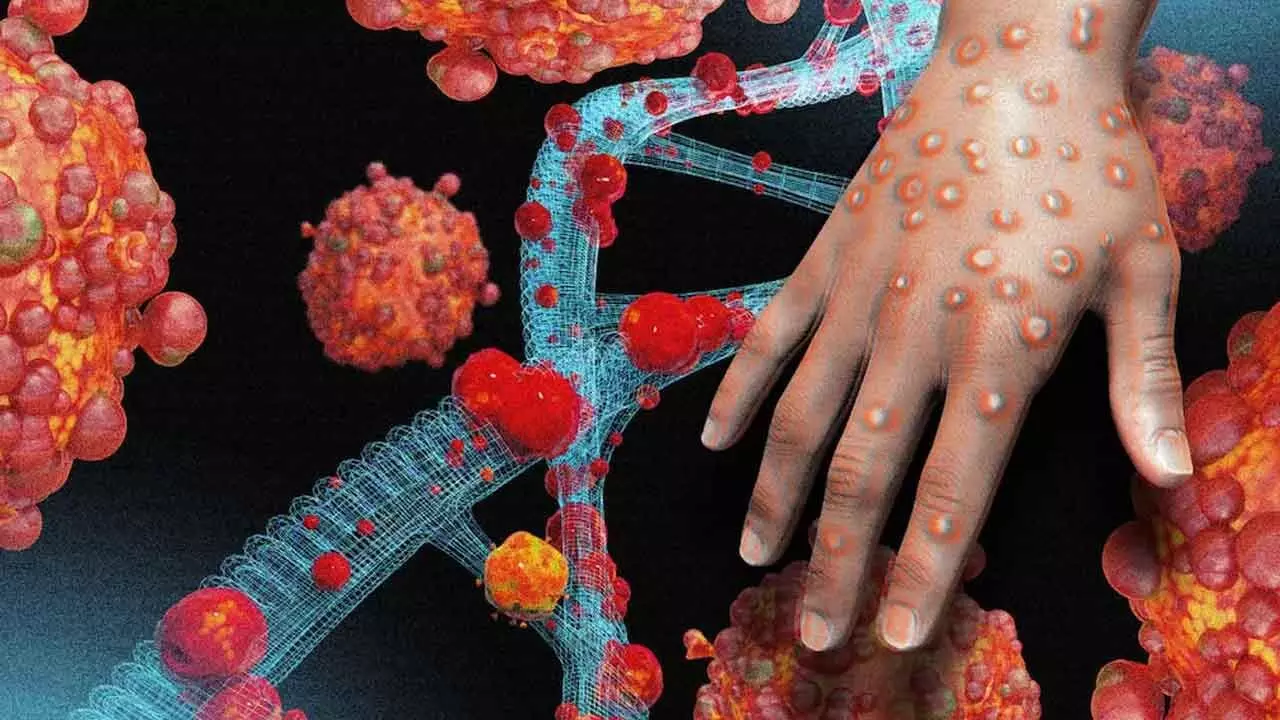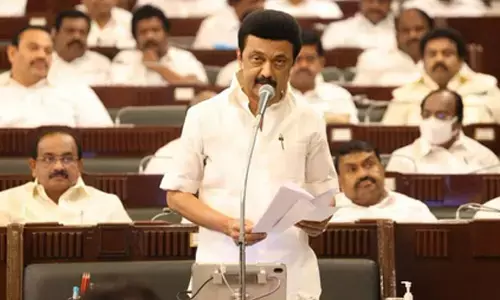Wake up to prevent another global pandemic

It is not even a year and a half since the World Health Organization (WHO) ended the Public Health Emergency of International Concern (PHEIC) for COVID-19 (declared on 11 March 2020 and called off on 5 May 2023). Now, the world is alerted by the likelihood of a global infection outbreak in form of mpox, formerly known as monkey pox.
Keeping the COVID havoc in mind, which claimed lakhs of lives and weakened economies, the WHO has asked makers of mpox vaccines to immediately submit expressions of interest for Emergency Use Listing (EUL). Vaccination at this stage is recommended for people who could be high risk, such as, health workers, sex workers etc. Besides, Jynneos (Imvamune/Imvanex) developed by Denmark’s Bavarian Nordic, and ACAM2000 from US firm Emergent BioSolutions,new generation smallpox vaccines are found effective against monkeypox because both viruses belong to the Orthopoxvirus genus. India eradicated smallpox way back in 1977. Two years later, it even stop production of smallpox vaccine.
Mpox, formerly known as monkey pox, was first discovered as a virus in monkeys in 1958. The first human case was reported in 1970 in what is today the DRC (Democratic Republic of Congo). For second time since 2022, the WHO made the PHEIC declaration on Wednesday, pointing to resurgence of mpox in DRC and neighbouring countries. A day later, Sweden became the first non-African country to report the first mpox infection caused by a more contagious strain i.e., Clade I variant. The outbreak in 2022 which was endemic in West Africa was caused by clade II variant of mpox.
Is mpox fatal? Reports speak of over 1,100 deaths since January 2023. Over 27,000 cases have been reported with the viral disease spreading to Rwanda, Burundi, Uganda, and Kenya. However, the viral disease is a self-limited disease, except in a few cases. There is no specific treatment.The viral disease is said to quickly spread through contact with body fluids, skin lesions, respiratory droplets, or contaminated materials like bedding. Animals also can infect humans, through a bite, scratch, or direct contact with their bodily fluids. Symptoms appear in the form of fever, headache, muscle aches, back pain, swollen lymph nodes, chills, exhaustion. A particular rash often appears on parts of body. Mpox can be detected by polymerase chain reaction (PCR).
Nearer home, the deadly virus was detected from Pakistan’s Khyber Pakhtunkhwa on Thursday. Within 24 hours, two more cases were confirmed. Meanwhile, China is said to be in preparations for screenings at its airports.
Will there be COVID-type reactions to the infection outbreak? Unlikely, as regional health authorities such as the European Centre for Disease Prevention and Control (ECDC) as well as national health systems currently consider the risk very low. Yet, governments must heed the WHO warning and put in place a coordinated international response to address the issue which WHO calls “very worrying.” Today, it is a particular region in Africa, and tomorrow it could be entire continent and it may begin to spread across the world sooner or later.
Now, it is incumbent upon the governments worldwide to brace, without causing any public panic, to start looking out for any suspicious cases at points of entry.Africa has been home to West Nile, Zika and Chikungunya viruses. Developed countries that have resources to tackle these infections ignored for two years appeals from African researchers for support as well as funding for diagnostic, therapeutic and infection prevention tools for mpox. All countries, rich or developing, must double down on commitment to WHO, and Gavi, which aims to increase access to vaccines, especially for children in low- and middle-income countries.








